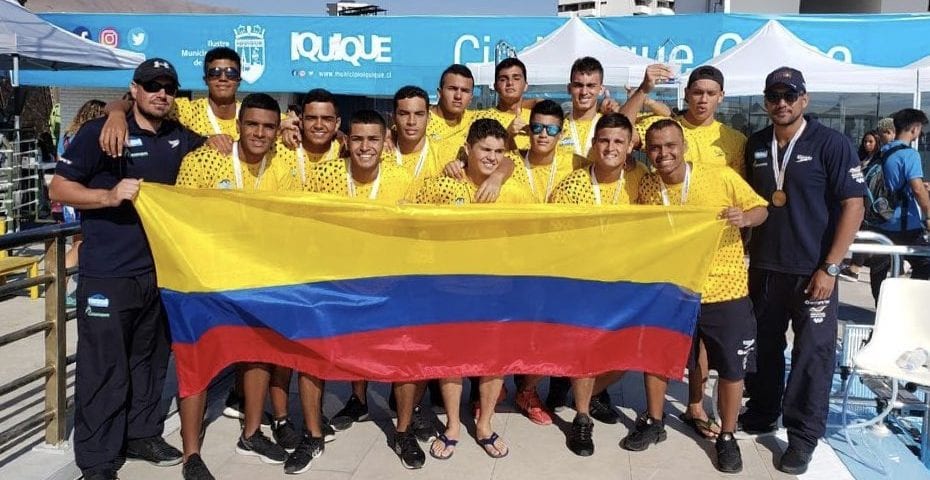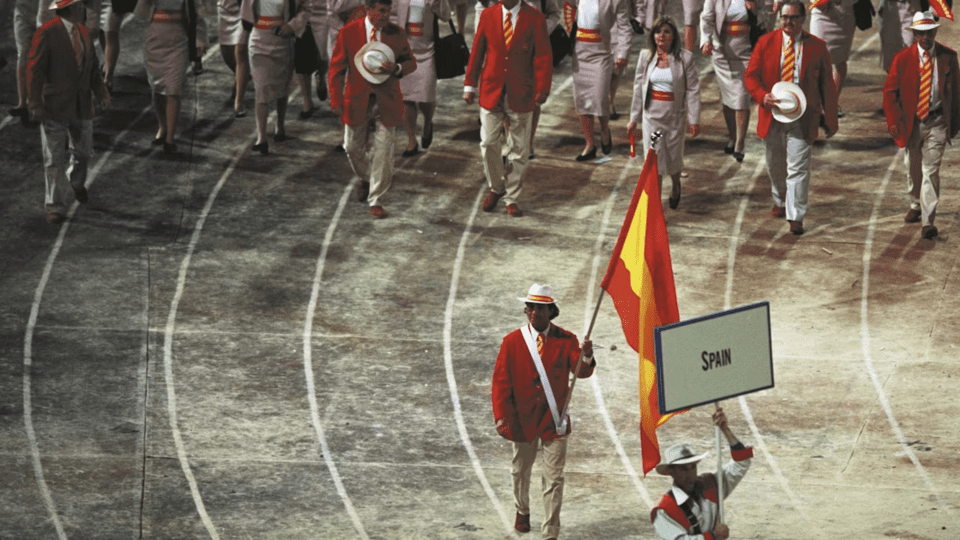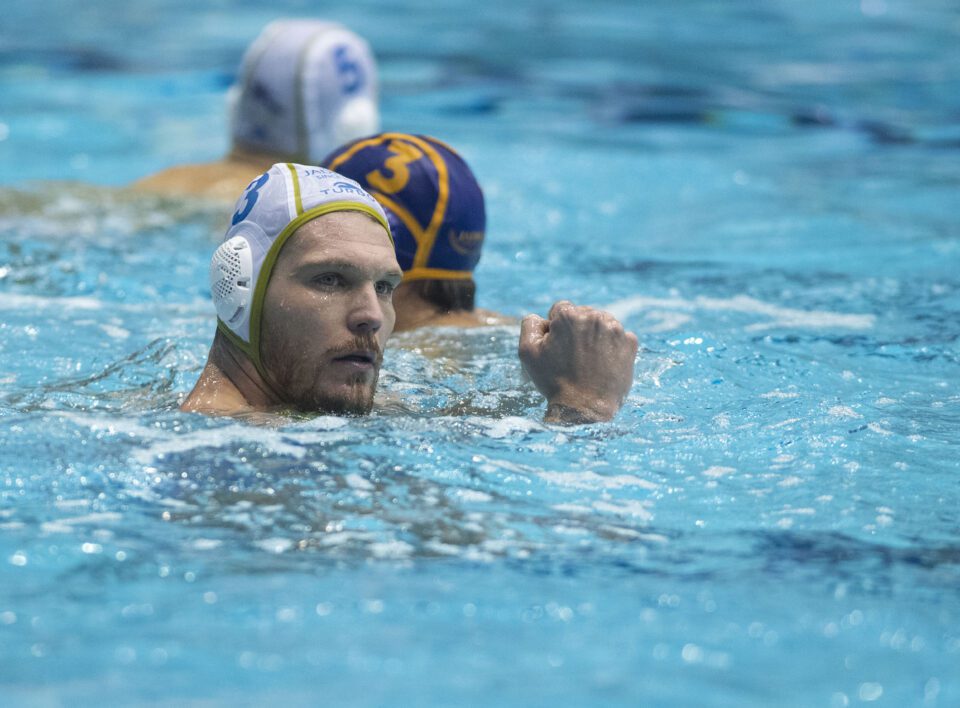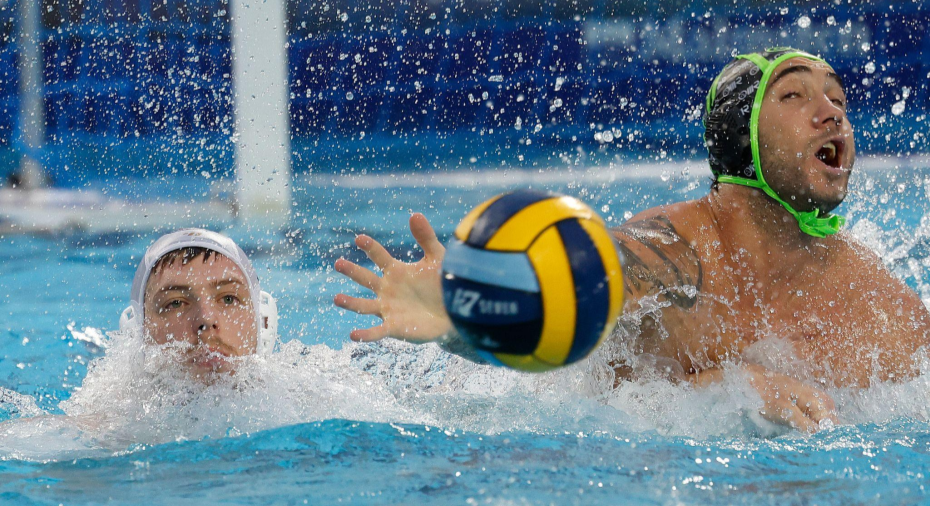Our #waterpoloeverywhere continues with Colombia. The South American country has almost fifty million inhabitants. Eight hundred of them play water polo. We spoke with Federico Longas about water polo in his country.
33-year-old Federico Longas is a man of the world and, above all, a big water polo enthusiast. He was a Colombian national team player for six years, then left for the United States, Spain and Argentina. In the latter country, he lived and played for twelve years. And there he also started coaching. He even took the Argentinian youth team under his wing for five years, with whom he won silver at the South American Games in Venezuela in 2015. He has been back in his native country Colombia for two years now. There he is a technical coordinator and coach at Club Deportivo Belén in Medellín. He also regularly plays some matches with the Masters of the same club.
Clubs and competition
There are 29 clubs in Colombia. About ten of them are university teams. The province of Antioquia, which includes Medellín, is Colombia’s water polo stronghold with thirteen clubs. The province of Cundínamarca, with the national capital Bogotá, has two clubs. “There are only national competitions in the youth categories. They are played in tournament form, but the FECNA – the Colombian Swimming Federation – organizes only two such tournaments per year. Club Boyas, Club Polo Acuático Medellín and Club Deportivo Belén are often the most successful here. The latter is invariably also the mayor purveyor to the national team.”
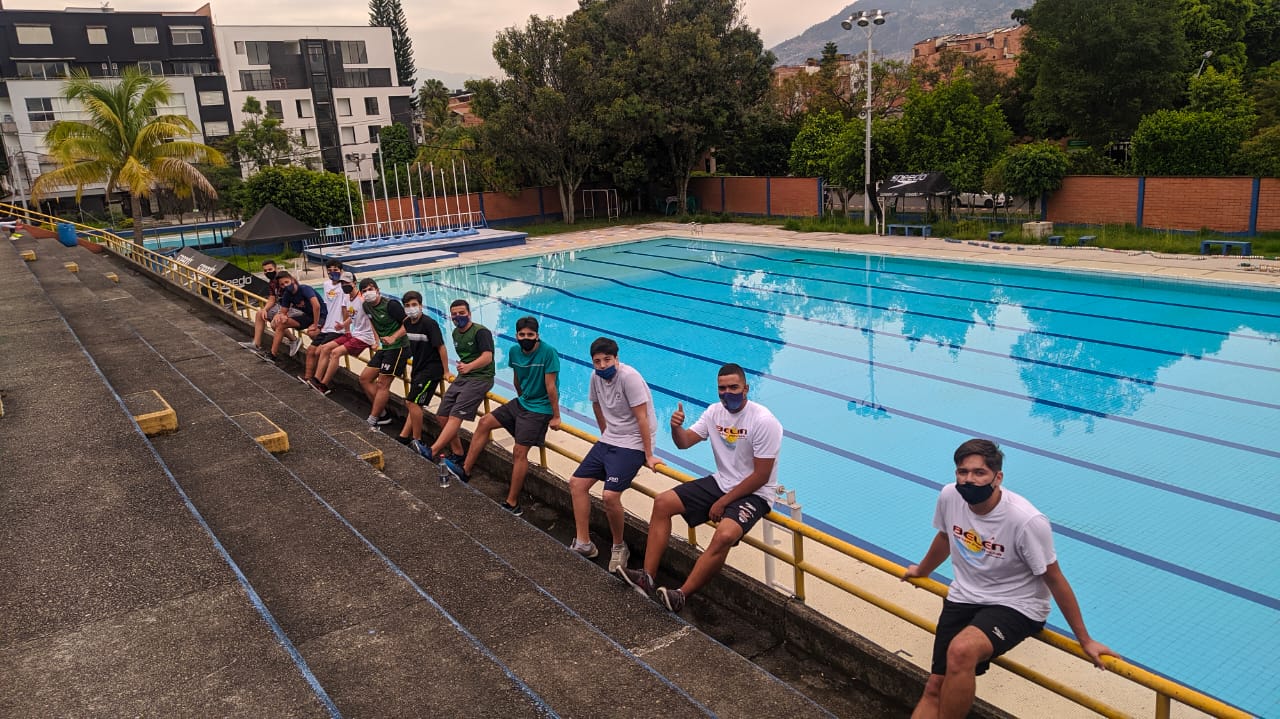
Water polo club Deportivo Belen
For Seniors and Masters, there are only friendly tournaments in Colombia. “That is one of the biggest problems with water polo here. There is a lack of leadership to set up a national program for adults. They only play their matches at the regional level. A shame, because as a country, you must have a Premier League for Seniors. Only then will you get better players and strengthen the club culture. I really hope that a fully-fledged national competition will be set up in the long term, as they do in all countries. This beautiful Olympic sport deserves that. The FECNA also does not allow the best clubs to participate in the South American Champions League. As an alternative, some clubs, therefore, seek their salvation across the border. For example, Club Deportivo Belén takes part in tournaments in the USA, Argentina, Peru or Venezuela every year. Club Polo Acuático Medellín regularly organizes an international tournament itself.”
Colombian national team success
Despite the lack of a national program for Seniors, the national team is still regularly successful. For example, Colombia won the World Cup for B-countries in Kuwait in 2007. More recently, there was also a success. In 2018, the team won gold at the Center American Games in Barranquilla (Colombia) and bronze at the South American Games in Cochabamba (Bolivia). The National Youth Team participated in the World Cup in Hungary in 2018. There they finished twelfth. When Colombian players leave for Europe, they usually play for Spanish clubs. Alejandro Idarraga plays for CN Catalunya, Santiago Cuervo for CN Molins de Rey and Sebastian Muñoz for CN Sant Feliu.
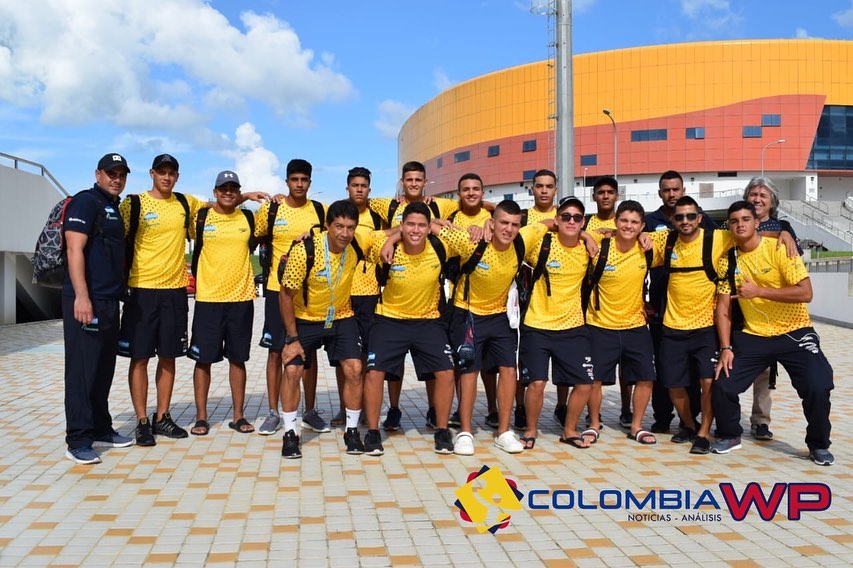
Colombian national water polo team
Women’s water polo is still clearly the neglected child of Colombian water polo. “That’s the next big problem here. For ten years, the women’s national team has not taken part in international tournaments due to a lack of money and other forms of support. Some women’s clubs in the country do participate in international tournaments themselves.”
All in all, it means that water polo in Colombia is a small sport, with hardly any media attention. “Everyone is an amateur. It is a relatively expensive sport and the players and parents have to pay for everything themselves. Some club coaches do receive a minimum wage, but that is very modest for the work they put into it. A club like Deportivo Belén still offers three hours of training a day, six days a week.”
Hard times for Colombian water polo
Add to that the corona pandemic and it is clear that water polo in Colombia is struggling. “There is no support whatsoever from the FECNA and some clubs fear for their survival. For the time being, we are not allowed to enter the swimming pools. At the club level, there are good initiatives to stay connected with the members. For example, with Club Deportivo Belén, we offer physical and mental training via the computer from Monday to Friday.”
Still, Federico refuses to grow gloomy. “As a water polo coach, it is my duty to contribute to the constant strengthening of Colombian water polo. At my club, I do this by changing local thinking to a more national, integrated and shared way of thinking. I believe we can still achieve big goals because there is a huge passion for water polo in this country. We also have the necessary infrastructure. We have too little trained staff and a lack of innovative ideas. Our sport has a lot to offer in social, physical and cultural terms. I want to get in touch with other countries to strengthen water polo in Colombia. By showing our capabilities and learning from their good examples. That’s the key!”
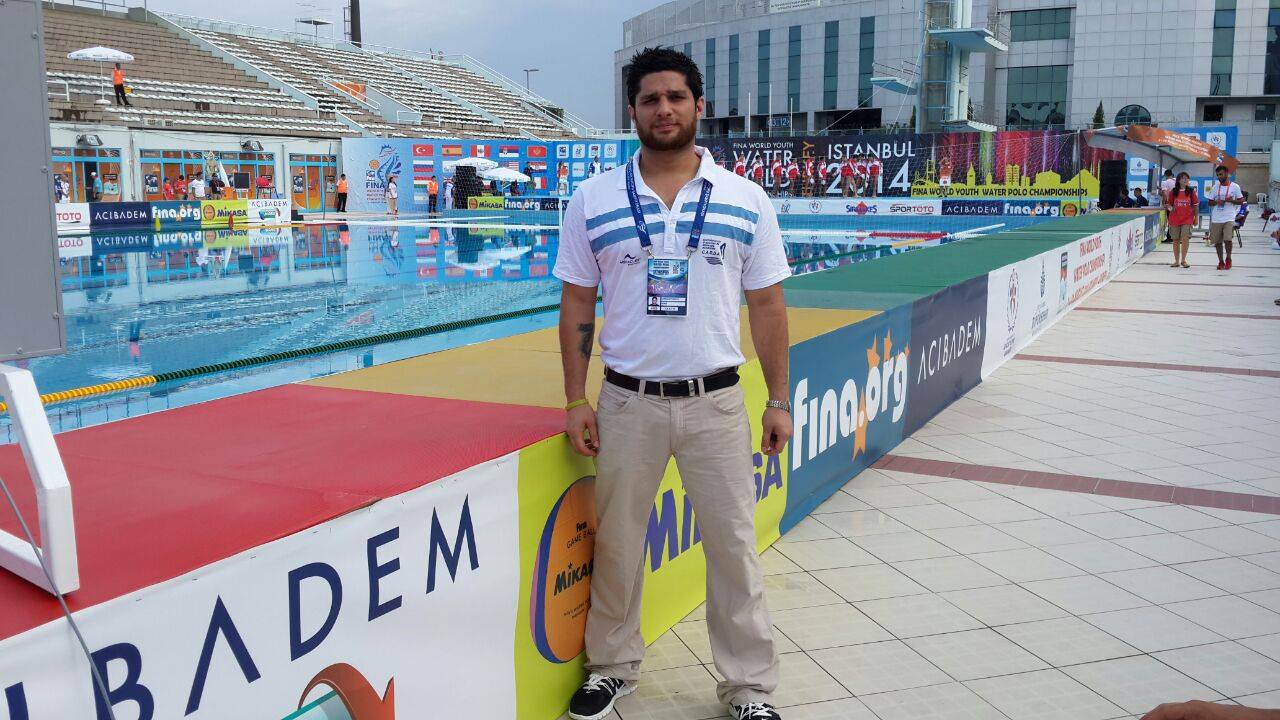
Federico Longas
Federico, therefore, calls on the Colombian clubs to unite. “I am convinced that we can change and make the sport much better. We have the right sports facility in all our regions to professionalize water polo. The Colombian Federation must give priority to increasing the supply at the municipal, departmental and national levels. By establishing and facilitating more clubs, water polo will become more popular. The trainers and coaches’ training must also be given priority because a well-trained staff is a necessary foundation to structurally change water polo and strengthen clubs. A reinforced national competition, with sponsors and government support, will also internationally benefit our water polo. And we like to show Colombia with our beautiful landscapes to foreign clubs.
The good weather in Colombia means that we can play water polo all year round. We also border two oceans, so that also offers many opportunities for beach water polo!”
More information about Club Deportivo Belén? Check their website. More information about water polo in Colombia? Follow them on Instagram and Facebook.



